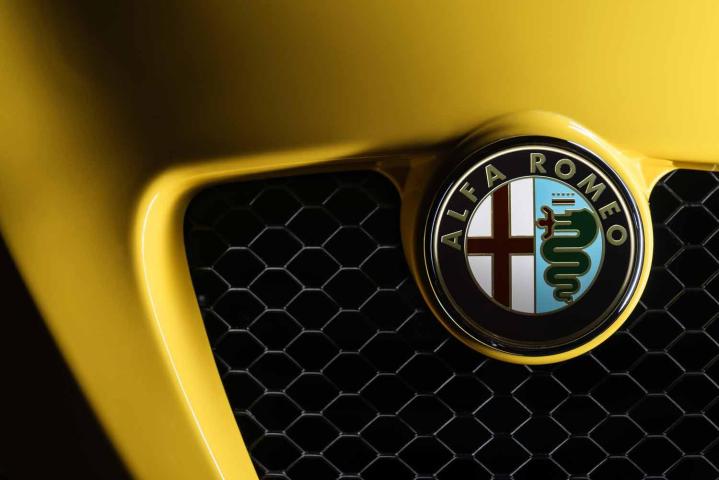
After all, would you want to give up an opportunity to say that the new engine for your future mass-market models is “Ferrari derived?”
That’s what FCA boss Sergio Marchionne said in his announcement of two new engines for Alfa Romeo. Rather than borrow engines from elsewhere in the FCA catalog, Alfa will start from scratch to reassert its identity.
The “Ferrari-derived” engine will be a six-cylinder, while the other engine will be a “high-output” four-cylinder.
Gasoline and diesel versions of both engines are expected. There may also be a high-performance version of the six-cylinder for hotter Alfa models that Ferrari itself could use on a rumored small sports car.
Both engines will be built at a plant in Termoli, Italy. FCA hopes to crank out 200,000 of the new engines per year once production ramps up.
These engines will be crucial to a massive expansion plan that would see Alfa return to the ranks of full-line manufacturers.
Right now, its global lineup consists of three models: the MiTo and Giulietta hatchbacks, and the 4C sports car. U.S. buyers only get the 4C (in both coupe and convertible forms), which isn’t built in large numbers.
Yet Alfa hopes to expand its lineup to eight models by 2018, including new compact models, a midsize replacement for the old 159 sedan, a full-size luxury model, and at least one crossover.
At least some of the these models will be offered in the U.S., meaning it’s only a matter of time before a suburban dad will be able to brag about having a “Ferrari engine” under the hood of his family hauler.


